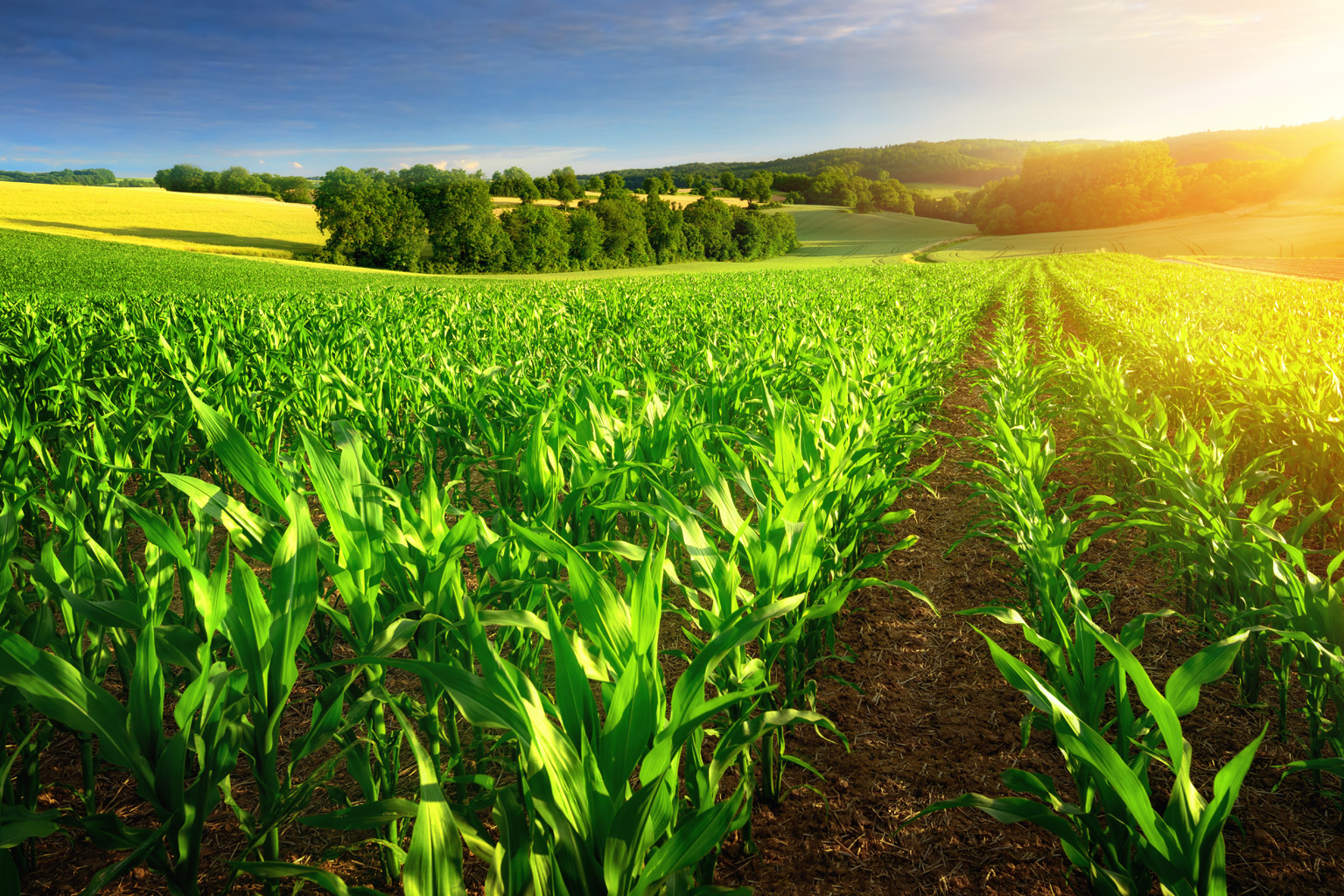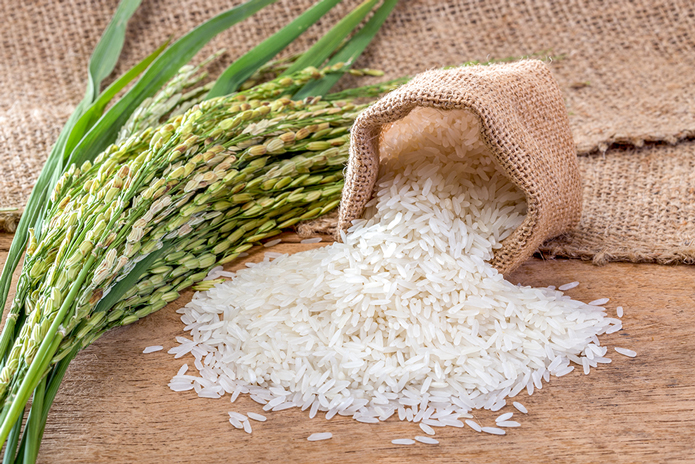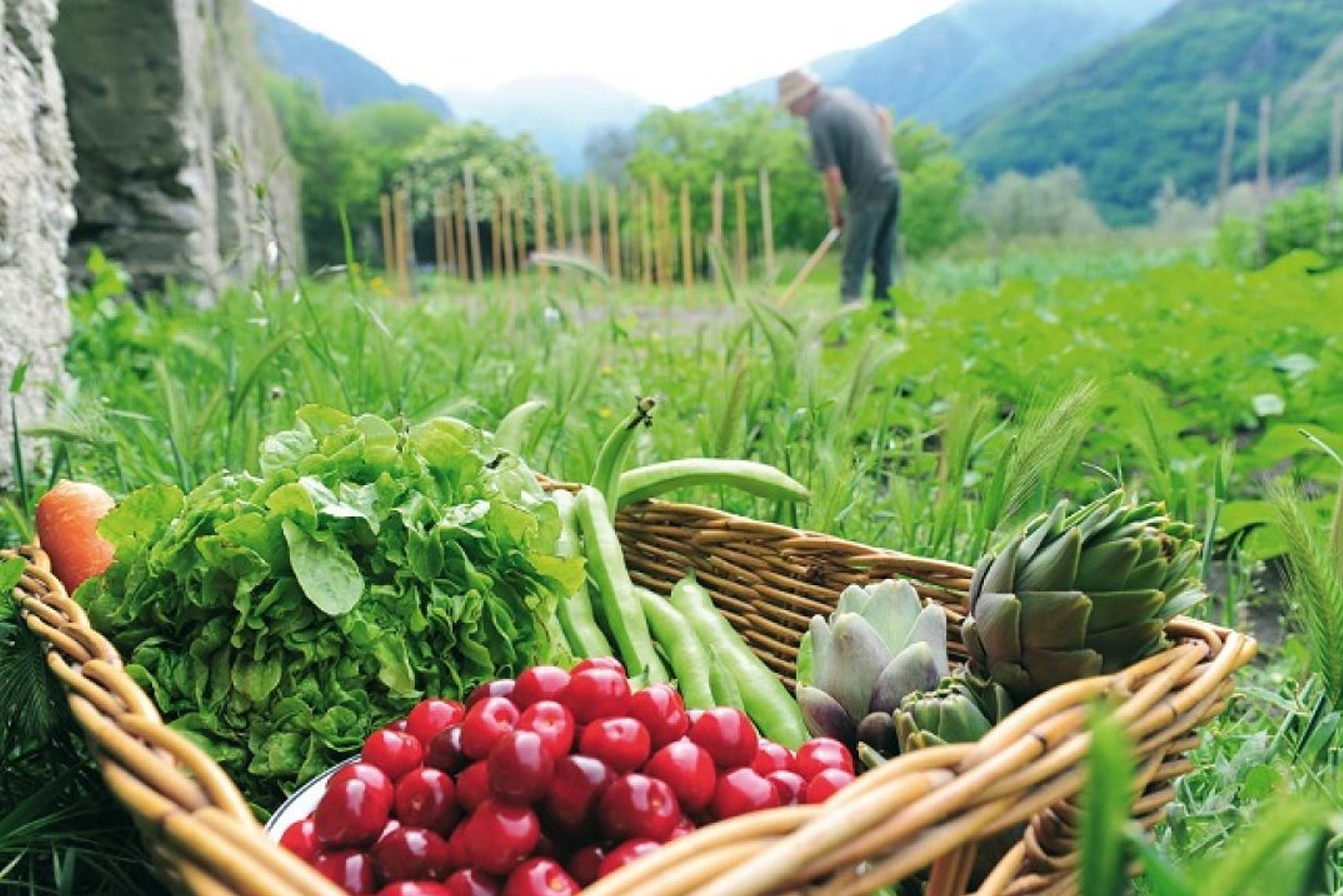What is Organic Farming?
In the world of agriculture, one term that has gained significant attention in recent years is “organic farming.” But what exactly does it mean? Organic farming is a sustainable agricultural system that focuses on utilizing ecologically based pest controls and biological fertilizers derived largely from animal and plant wastes and nitrogen-fixing cover crops. This method of farming aims to enhance soil and water quality, reduce pollution, provide safe and healthy habitats for livestock, and promote a self-sustaining cycle of resources on a farm.
 A Brief History of Organic Farming
A Brief History of Organic Farming
The concepts of organic agriculture were developed in the early 1900s by pioneers such as Sir Albert Howard, F.H. King, and Rudolf Steiner. Influenced by the sustainable farming practices they encountered in different parts of the world, these individuals advocated for the adoption of organic farming principles. Their ideas gained further traction with the publication of Rachel Carson’s groundbreaking book, “Silent Spring,” in the 1960s, which shed light on the environmental damage caused by chemical pesticides.
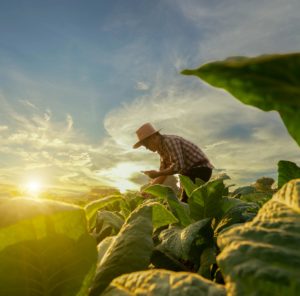 Principles and Practices of Organic Farming
Principles and Practices of Organic Farming
Organic farming relies on a set of principles and practices that distinguish it from conventional agriculture. One of the fundamental aspects of organic farming is the use of organic matter to build and maintain healthy soil. This can be achieved through the application of manure, compost, and animal by-products. Organic farmers also prioritize crop rotation to preserve soil quality and disrupt pest and disease cycles. Cover crops are used to prevent erosion and improve soil quality, while mulch is employed to control weeds.
In organic farming, the emphasis is on natural pest control methods. Predatory insects and insect traps are utilized to control pests, and certain natural pesticides, as well as a few approved synthetic pesticides, are used sparingly and only as a last resort. Synthetic fertilizers, sewage sludge, most synthetic pesticides, irradiation, genetic engineering, antibiotics, and growth hormones are not permitted in organic farming.
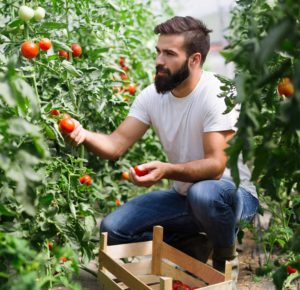 Environmental Benefits of Organic Farming
Environmental Benefits of Organic Farming
One of the key advantages of organic farming is its positive impact on the environment. Compared to conventional agriculture, organic farming uses fewer pesticides, which reduces the risk of pollution in soil and water. Organic farming practices also help to mitigate soil erosion, as cover crops and mulch protect the soil from being washed away by rainfall. Additionally, the avoidance of synthetic fertilizers and the use of organic matter contribute to the enhancement of soil quality and the preservation of biodiversity.
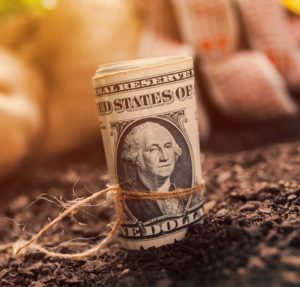 Economic Considerations of Organic Farming
Economic Considerations of Organic Farming
While organic farming offers numerous environmental benefits, there are economic considerations to take into account. The price of organic food is generally higher than that of conventionally grown food. This is partly due to the higher costs associated with organic farming practices, such as the use of organic fertilizers and more labor-intensive pest control methods. However, as the demand for organic food continues to grow, economies of scale and advancements in organic farming techniques may lead to more competitive pricing in the future.
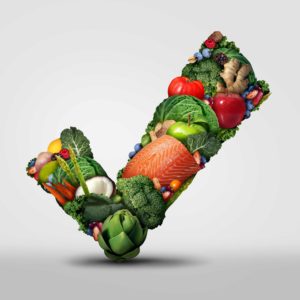 Organic Farming and Food Safety
Organic Farming and Food Safety
Another aspect that has contributed to the popularity of organic farming is the perception of increased food safety. Consumers often choose organic products because they believe that they are free from harmful chemicals and pesticides. While organic farming practices aim to minimize the use of synthetic inputs, it’s important to note that organic does not necessarily mean pesticide-free. Organic farmers still have access to certain approved pesticides, although their use is limited and regulated.
 Organic Certification
Organic Certification
To ensure transparency and maintain the integrity of organic products, organic farming is subject to certification. Organic farmers must undergo a certification process to label their produce as organic. Certification standards vary across countries, but they generally involve inspections and adherence to specific organic farming practices. In the European Union (EU) and the United States, organic certification is carried out by approved organic control bodies according to established standards.
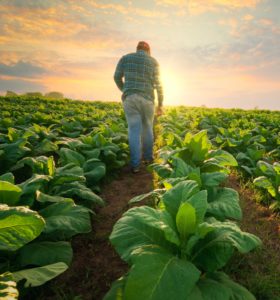 Challenges and Future Perspectives
Challenges and Future Perspectives
While organic farming has gained significant traction, it is not without its challenges. One of the main challenges is achieving higher yields. Organic crops have been found to have lower yields compared to conventionally grown crops, although this can vary depending on the crop type. Innovations in organic farming techniques and continued research can help address this challenge and increase productivity.
Another challenge is the impact of climate change. Organic farming practices that focus on soil health and biodiversity can contribute to climate change mitigation and adaptation. However, changing weather patterns and extreme events pose challenges to organic farmers. Adapting organic farming practices to the changing climate and finding innovative solutions will be crucial for the future of organic agriculture.
Conclusion
Organic farming offers a sustainable and environmentally friendly alternative to conventional agriculture. By prioritizing soil health, biodiversity, and natural pest control methods, organic farmers aim to produce safe and healthy food while minimizing the negative impacts on the environment. While there are economic considerations and challenges to overcome, the continued growth of the organic food market and advancements in organic farming techniques indicate a promising future for organic agriculture. As consumers become more conscious of their food choices and the impact on the planet, organic farming can play a significant role in creating a more sustainable and resilient food system.
Join us at Organic Boosting in championing the cause of accessible organic and healthy products for all. Your choices matter, and by opting for organic, you contribute to a world where sustainability, integrity, and quality are not mere ideals but tangible realities.


